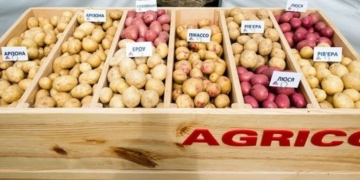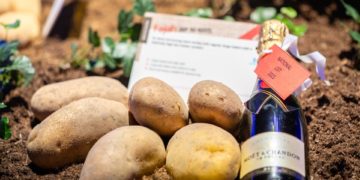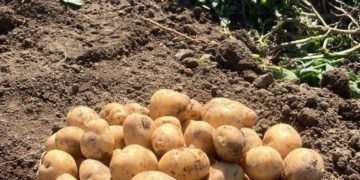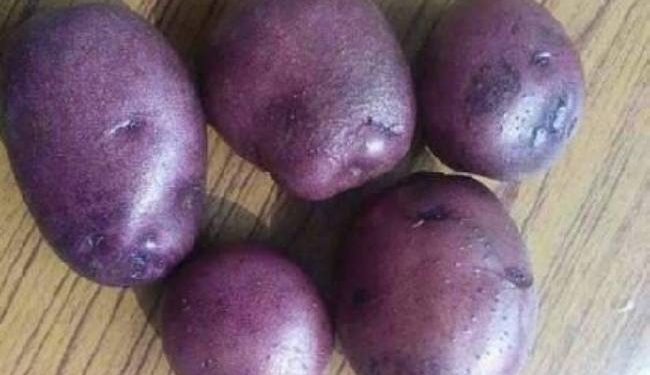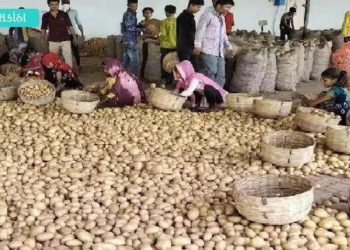Innovative Potato Variety Set to Boost Yields and Improve Livelihoods in Traditionally Underserved Regions.
To promote potato cultivation in tribal areas, the Central Potato Research Institute (CPRI) in Shimla has allocated 150 quintals of Kufri Neelkanth seed potatoes to farmers in Jharkhand. This initiative marks a crucial step in introducing and promoting this high-yielding, disease-resistant potato variety among farmers in traditionally underserved regions.
The Kufri Neelkanth variety, developed by CPRI Shimla, is a game-changer in potato cultivation. It boasts exceptional resistance to late blight disease, a long-standing challenge for potato farmers. This characteristic makes it particularly valuable for farmers in Jharkhand and other states where crop diseases have historically impacted yields and livelihoods.
Dr. Alok Kumar, Head of the Social Science Department at CPRI Shimla, emphasized the variety’s adaptability to diverse agro-climatic conditions. “Kufri Neelkanth is suitable for cultivation not only in Jharkhand but also in Punjab, Haryana, Uttar Pradesh, Uttarakhand, Bihar, Madhya Pradesh, and Chhattisgarh,” he stated. This wide adaptability is expected to significantly boost potato production across these regions.
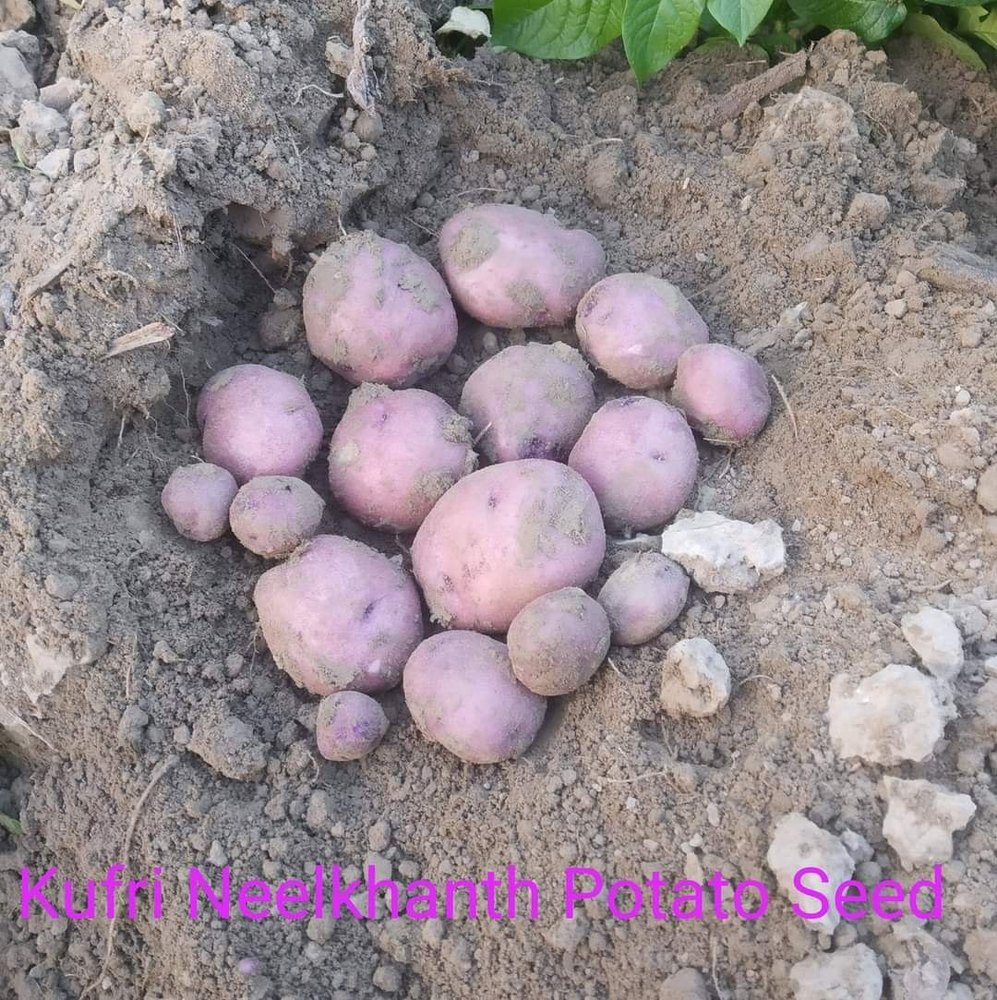
The distribution of Kufri Neelkanth seed potatoes in Jharkhand is part of a broader effort to enhance agricultural practices in tribal areas. By providing access to this advanced variety, CPRI Shimla aims to improve crop yields, increase farmer incomes, and contribute to food security in these regions.
This initiative is the result of collaborative efforts between CPRI Shimla and the Indian Council of Agricultural Research (ICAR). It exemplifies the importance of research and development in advancing agricultural practices and improving crop varieties to meet the evolving needs of farmers, particularly those in underserved areas.
For potato entrepreneurs and the food industry, the introduction of Kufri Neelkanth in tribal regions opens new avenues for sourcing high-quality potatoes. The variety’s improved traits may lead to better raw materials for processing, potentially enhancing the overall quality of potato-based products in the market.
Plant protection product managers and manufacturers should note Kufri Neelkanth’s enhanced disease resistance. This characteristic may influence future strategies in plant protection product development and usage, potentially leading to more sustainable and efficient potato cultivation practices in tribal areas.
As part of this distribution program, CPRI Shimla is also focusing on educating tribal farmers about proper cultivation and storage techniques for Kufri Neelkanth. This knowledge transfer is crucial for maximizing the benefits of this new variety and ensuring its successful adoption across different farming communities in Jharkhand.
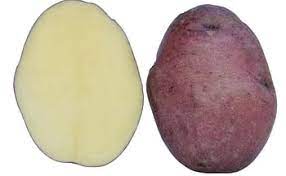
The introduction of Kufri Neelkanth to Jharkhand’s tribal farmers marks a significant milestone in Indian potato research and cultivation. Its potential to increase yields, improve disease resistance, and adapt to local conditions positions it as a valuable asset for farmers in traditionally underserved regions. As the variety begins to be cultivated more widely in these areas, its impact on potato production, farmer incomes, and rural development will be closely monitored by stakeholders across the agricultural sector.






